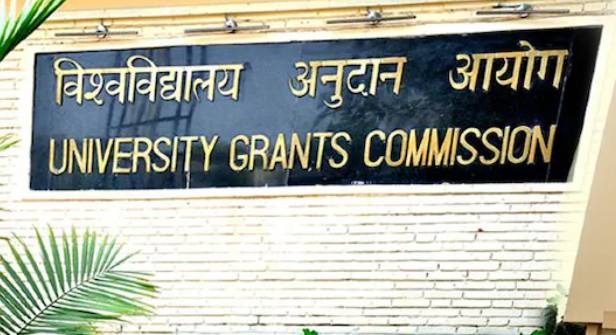UGC Allows Biannual University Admissions
The University Grants Commission (UGC) has permitted Indian colleges to hold admissions twice a year. With the new method, people can be admitted in July and August and January and February. The goal of this flexibility is to let universities set up their operations so that they make the best use of the staff and facilities that are available.
Implementation and Flexibility
The UGC has made it possible for applications to happen every other year, but universities don’t have to use this system. Based on its resources and plans for the school year, each university can decide if it wants to use this method or not. At the moment, the traditional approach only lets new students in once a year, in July or August.
Global Influence and Reasoning
It was decided to switch to a twice-yearly admissions system after looking at how other countries handle education. For example, colleges in the US have intakes in both the fall and spring. The head of the UGC, M. Jagadesh Kumar, said that the new method could make it easier for countries to work together and boost the Gross Enrollment Ratio (GER), which is a key indicator of educational attainment.
Benefits for Students
Previously, students who missed the one admissions window had to wait a whole year to try again. The biannual system is a solution for students who may have to wait because of health problems, board test results, or personal matters. UGC stated that the adaptability had already helped nearly 500,000 students in open, distance learning, and online classes.
About the University Grants Commission (UGC)
Oversight and Regulation: Established in 1956 under the UGC Act, the University Grants Commission (UGC) of India oversees higher education funding and maintains standards in Indian universities. It also regulates fake universities by maintaining a list to alert students, ensuring the credibility of higher education institutions.
Educational Innovations: UGC introduced the Choice Based Credit System (CBCS), providing students with the flexibility to select subjects according to their interests and career goals. Additionally, the commission launched the Consortium for Educational Communication to improve educational resources and promote innovative teaching methods.
Promoting Inclusivity and Excellence: The UGC needs to make sure that reservations are used when hiring teachers so that people from all walks of life are represented. It also runs prestigious fellowships, such as the National Eligibility Test (NET), which help fund academic jobs and research. This encourages excellence in higher education and research.
Month: Current Affairs - June, 2024
Category: India Nation & States Current Affairs








